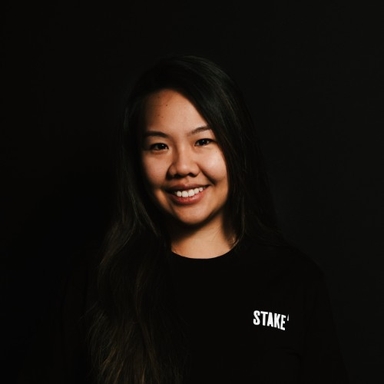
United
Choosing between the fashionable Ray-Bans, the functional Oakleys, or the luxurious Prada pair? Whichever sunglasses you pick, they’re all made by the same company anyway.
In a massive €48 billion merger in 2018, two market leaders combined to create an empire. EssilorLuxottica owns some of the most famous designer eyewear and eyecare brands, plus chains such as OPSM and Sunglass Hut. The parent company has become unrivalled.
Conglomerates are rife in fashion retail. Tapestry ($TPR) announced last week its decision to fully acquire all shares of Capri Holdings ($CPRI), and so Coach, Kate Spade, Versace and Michael Kors will now be brands under the same umbrella. LVMH ($LVMUY) owns Christian Dior, Fendi, Celine, Loro Piana and 70 others. Kering, the second largest conglomerate after LVMH, owns Gucci, Saint Laurent, Balenciaga, Bottega Veneta and several more.
Through decades of takeover activities, brands have been found to perform exponentially better when under a conglomerate. The 10 largest fashion and luxury goods companies took up almost 85% of the total net profit generated by the top 100 businesses in the industry in 2021. Last year, a record 292 merger deals were recorded.
A conglomerate’s strength lies mostly in two areas: negotiating power and vertical integration.
Having a Louis Vuitton or Dior store can make or break a shopping centre. LVMH knows that, and leverages the strength of its leading brands to get lucrative leases for its smaller ones. With an array of brands, they also save on marketing costs. Economies of scale.
Vertical integration is a strategy where a company takes over key areas of its supply chain. EssilorLuxottica, for example, took ownership of its external distribution channels and went as far as acquiring some of its manufacturers. An interview with an industry insider broke down what this means: where EssilorLuxottica used to pay suppliers US$99 for a pair of sunglasses, they can now be created internally at a cost of US$20. Meanwhile, owning its shops extends profit margins and limits distribution channels for the competition.
While brands continue to invest in their perceived individuality and independence, the inner workings tell a different story. Today it’s extremely challenging to survive without the financial and operational backing of a massive parent company.

Stella is a markets analyst and writer with almost a decade of investing experience. With a Masters in Accounting from the University of Sydney, she specialises in financial statement analysis and financial modelling. Previously, she worked as an equity analyst at Australian finance start-up, Simply Wall St, where she took charge of the market insights newsletter sent out to over a million subscribers. At Stake, Stella has been key to producing the weekly Wrap articles and social media content.

